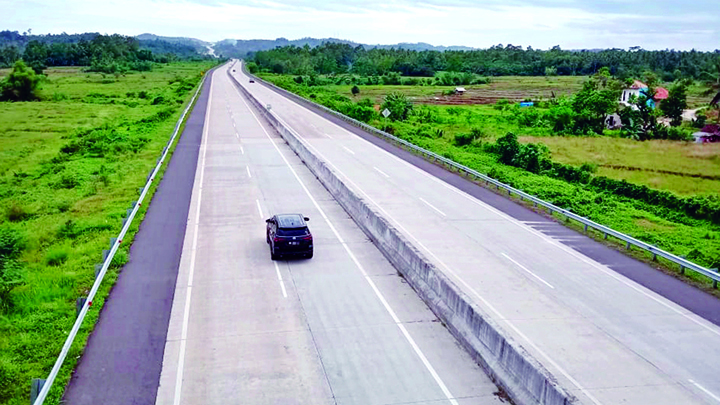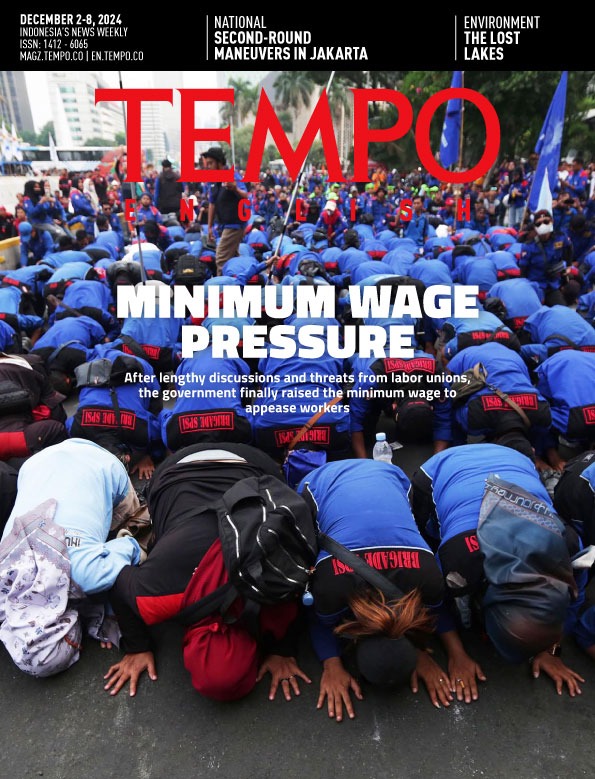A Dispute in Trans Sumatra Toll Road
Tuesday, December 22, 2020
arsip tempo : 173542691597.

LEON Liawandi stared blankly at the Pekanbaru-Dumai toll road in Riau. The resident of Senapelan village in Pekanbaru then pointed at the roads and explained that the concrete sits on what used to be his palm field. The toll road split his equally expansive palm field in half.
Leon used to live 800 meters away from his fields. After it was split in half, he and his wife must now take a four-kilometer detour to reach the other side of his f
...
Subscribe to continue reading.
We craft news with stories.
 For the benefits of subscribing to Digital Tempo, See More
For the benefits of subscribing to Digital Tempo, See More








